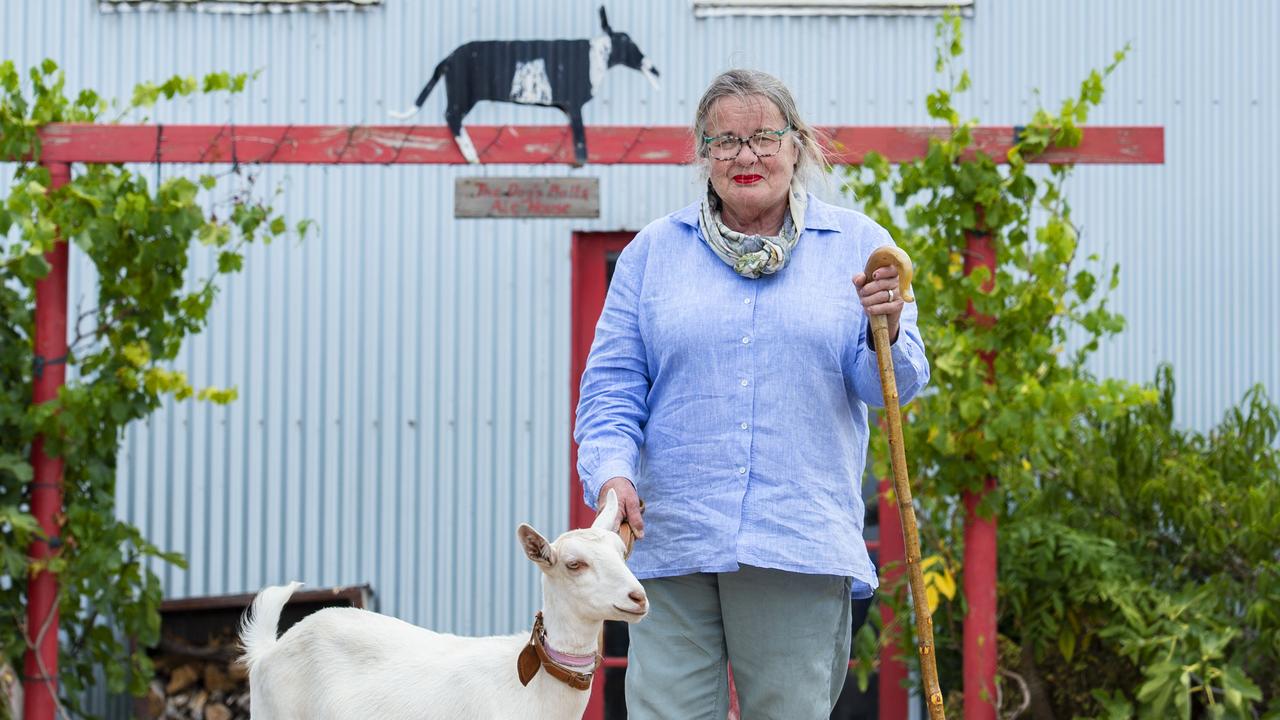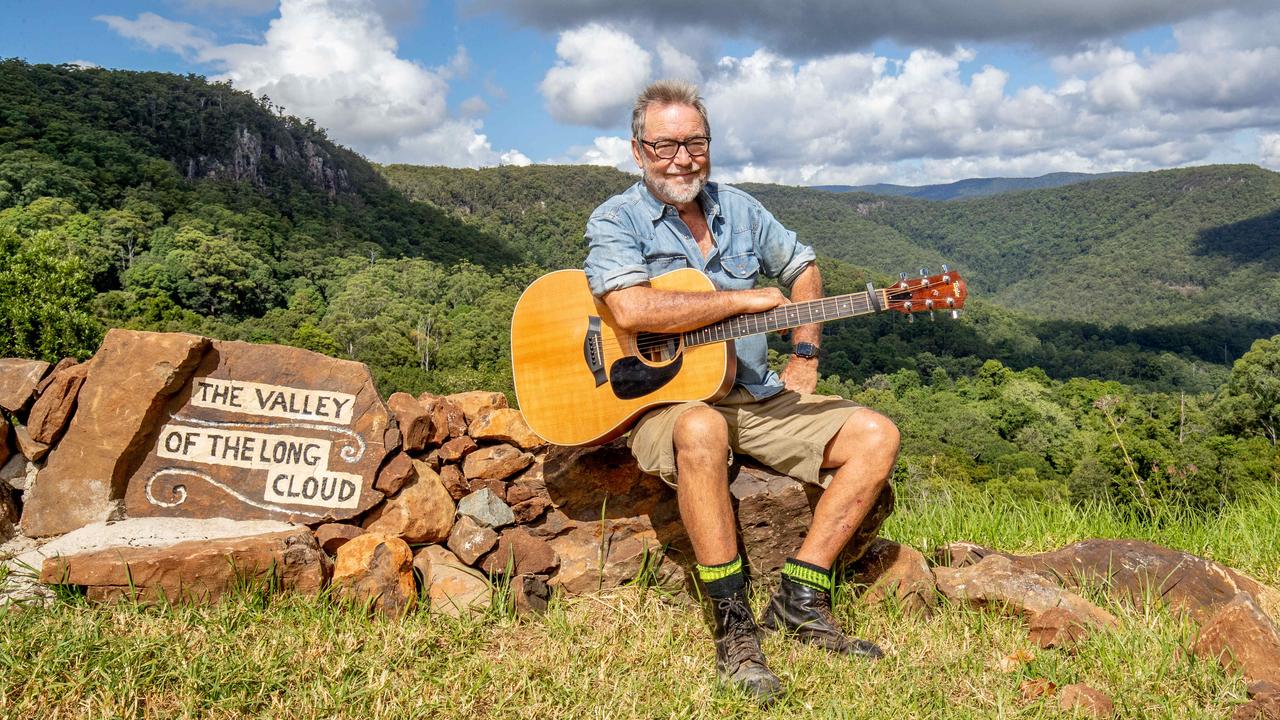Greg Keynes writes of life on the land in memoir The Flying Bushman
In his new memoir, this author talks about growing up on a WA station and life on the land — and how a chopper crash nearly claimed his life.
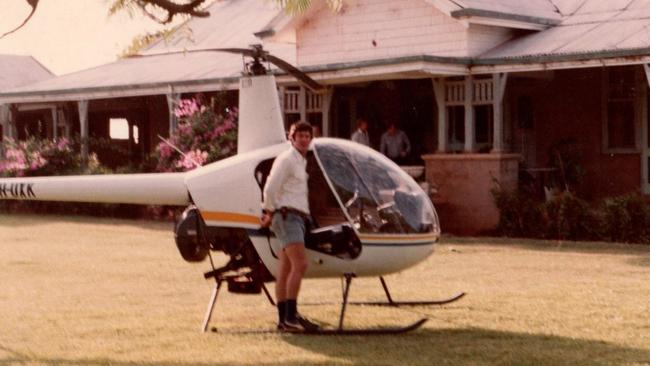
GREG Keynes knows how beautiful and isolating the outback can be.
Greg grew up on Cubur Station in the Murchison region of Western Australia. A place so big and remote, a mistake could prove deadly, as he nearly found out one day when, as a kid, he got lost while out moving sheep with his dad.
But he also got to appreciate the incredible beauty of the outback’s isolation, especially from the air.
When he was in his mid-20s, Greg started a company that used helicopters — working in conjunction with stockmen on the ground — to muster livestock.
“That natural environment — our closest neighbours were 50km away — you can’t really grasp the size and the parameter of this place,” he says.
“And — I say these things so people can have an idea — if you get up to 5000ft on a clear day, as far as you can see in the distance you’re still on your property.
“These are the sorts of things that you cut your teeth on very early in that natural environment, and you realise that no one is going to come and help you. You have to get through yourself.”
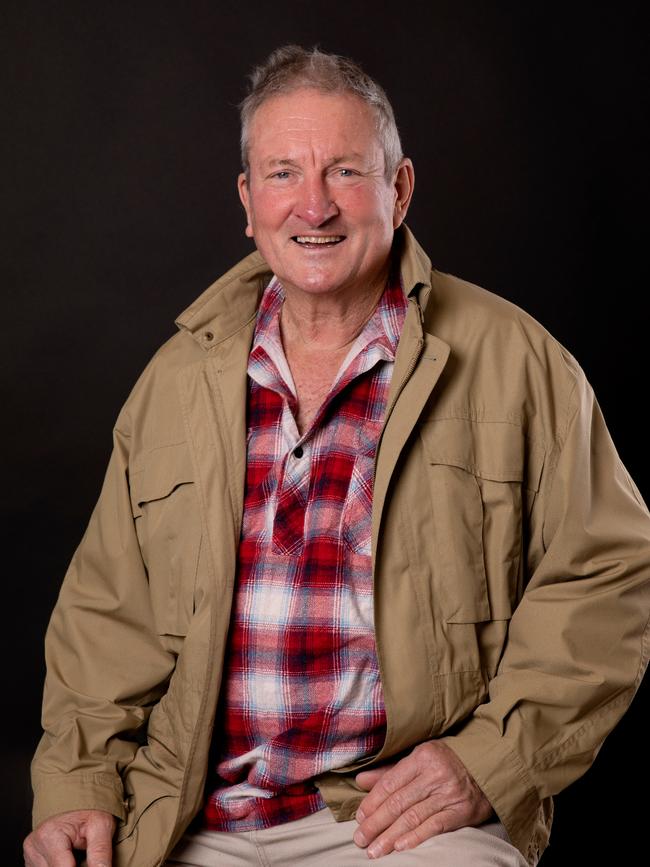
Greg’s life on the land, including his career in the air and the near-fatal accident that ended it, are all detailed in his new book, The Flying Bushman, released next week.
Even now, from a life of semi-retirement on “soft pasture” in Mandurah in Western Australia, his love of the outback and nature does not wane. But he also does not pull any punches about the emotional toll living on the land had for himself and those he loved, especially his parents.
“It’s more about getting that story of the bush out there, and the things that happen,” he says of the book.
“(In the city) you’re never in those positions to get pushed to that emotional level.”
Greg says his decision to branch out from the family station to start an aerial mustering business in the early 1980s was motivated by the realisation that Curbur needed another income stream.
“It was a very exciting number of years, and the most exciting thing you can do with your clothes on — flying a chopper through the trees,” he says.
“Seeing how good it was for the clients that hired you, and putting these cattle in the yard that have been escaping for years ... You felt great about the job achievement and what you could do.
“If you ever wanted to see Australia up close and personal, you’d throw your swag into the chopper and go and do it.”
But the chopper business caused some angst within the family, particularly his dad, whom Greg feels saw it as a slight on his own abilities.
Greg’s relationship with his dad is constantly touched on throughout the book. Greg depicts a man who worked hard and demanded the same from all around him; who rarely smiled, but could also pull a practical joke; who cared deeply for the animals under his care, and the tragic moment he was so broken emotionally when he felt like he had failed to do so that Greg thought his dad was going to end his life.
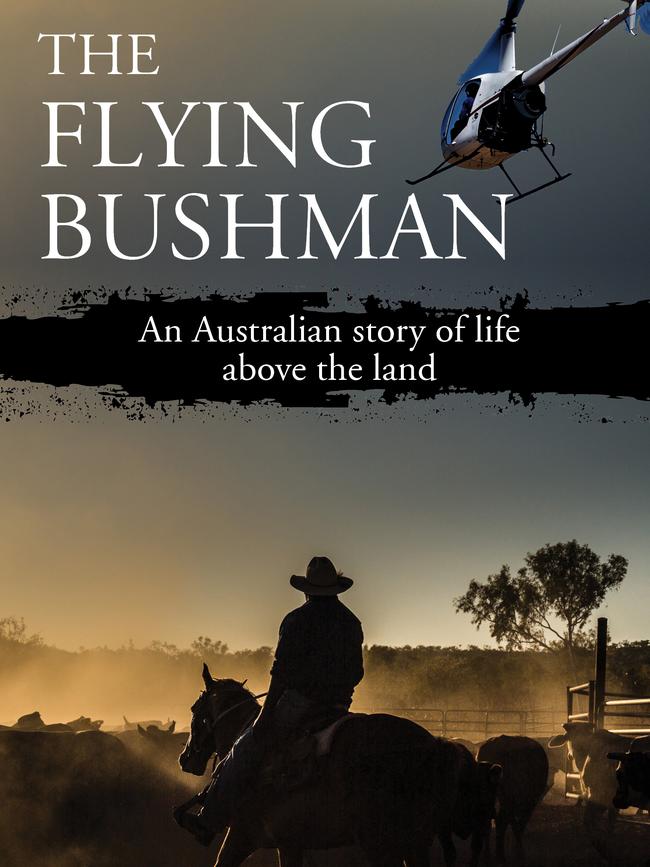
Greg also writes about his own mental battles. He had to learn to walk again after a near-fatal helicopter crash in 1984 — “the mental anguish at that stage was pretty tough,” he says. He also writes of the mental battles he had after moving off the land, separating from his wife, Kim (who provides the postscript in this book) and going through financial difficulties.
“My message is I think it is really important for men, and country people, to not feel bad about going to see someone professionally,” Greg says. “All of a sudden you realise, I’m not a complete sicko, I’m just going through a bit of a tough time, and with the right guidance you can come out the other end, hopefully a better person.”
Greg says he did not want to leave out the emotional stories of his life because “the bush is a bit like that — death and life and living, birth, it’s all part of what happens”.
He says many readers will identify with the inter-generational struggles of fathers and sons on the land, and hopes that older farmers might read it and realise “the young bloke is entitled to a point of view, and maybe even if you can do it once, and save the family angst.”
As for the land, he says “it’s always in your blood”.
“The smell in your nostrils after a rain, and all the wildflowers were up, the smell of the mulga, and birds singing and insects everywhere and life flourishing — you never forget those times. It will always be a part of me, but hopefully I can bring some of those things to paper.”
● The Flying Bushman, Gelding Street Press, is out September 2.
Lifeline 13 11 14
MORE
QUEST FOR CLUES ON STREET NAME ORIGINS

